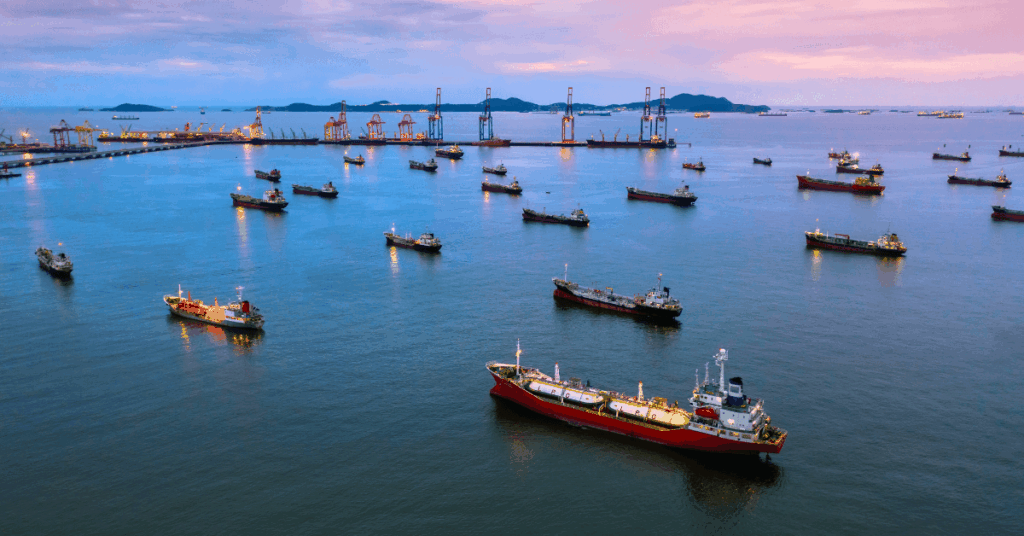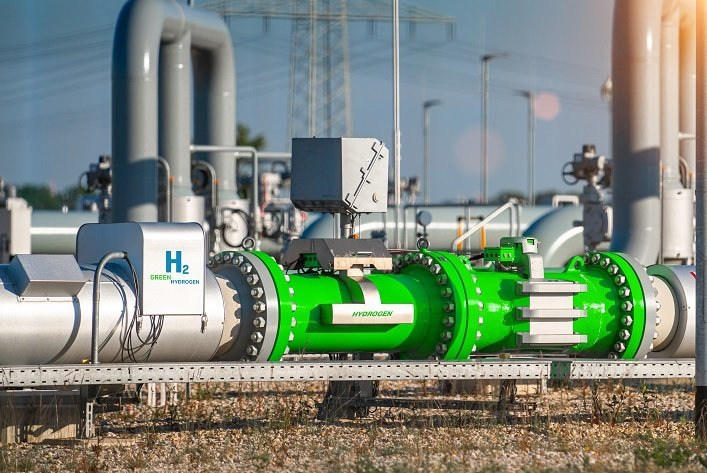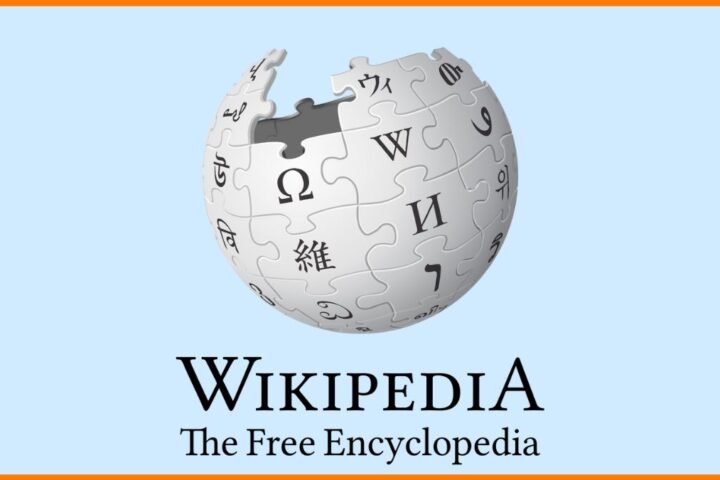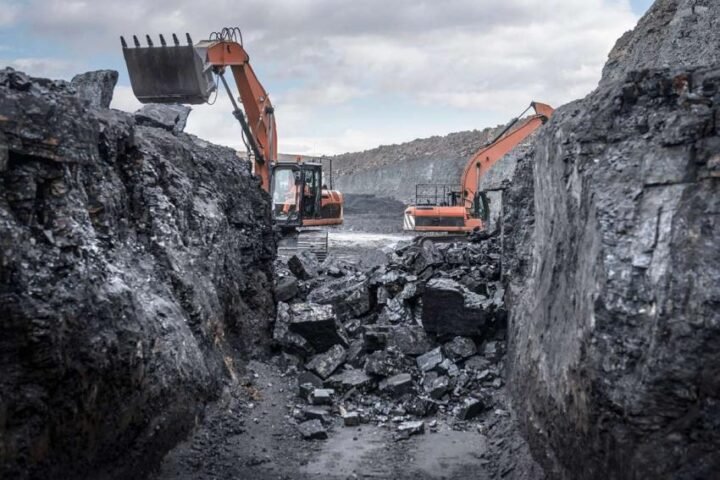On July 18, the European Union formally approved its 18th package of sanctions against Russia, marking one of the bloc’s most far-reaching economic responses since the start of the full-scale invasion of Ukraine. The new measures are aimed at further draining the Kremlin’s war budget and tightening the pressure on Moscow’s global operations.
Russian shadow fleet and refinery in India come under fire
A key target of the latest sanctions is Russia’s so-called “shadow fleet” of oil tankers, with 105 vessels now blacklisted. Two energy trading firms and a major refinery in India — in which Russia’s state oil company Rosneft holds a controlling stake — have also been sanctioned. This move is designed to choke off Russia’s ability to covertly sell oil outside the G7 price cap mechanism.
Arms supply chain disrupted, including Chinese-linked firms
The EU has also expanded restrictions on components and companies linked to Russia’s military-industrial complex. The updated list includes entities involved in arms manufacturing, logistics, and dual-use technology supply chains. Notably, some Chinese companies have been added, a move likely to provoke diplomatic tension with Beijing, which has resisted previous calls to distance itself from Moscow.
Price cap lowered, pipeline assets frozen permanently
In a significant financial strike, the EU has revised its price cap on Russian oil exports downward — from $60 to $47.60 per barrel — effective September, with provisions for further reductions every six months. Additionally, Brussels has frozen any possibility of restoring the Nord Stream 1 and 2 pipelines, explicitly stating that pipeline operations cannot resume “under any circumstances.”
Strategic pressure signals long-term commitment
The 18th sanctions package underscores the EU’s enduring strategic alignment with Ukraine and its intent to cripple Russia’s economic and military capacity over the long term. By targeting both overt and covert arms of Moscow’s wartime economy, the bloc is signaling that evasion tactics — whether through third countries, maritime loopholes or energy manipulation — will be aggressively countered.










